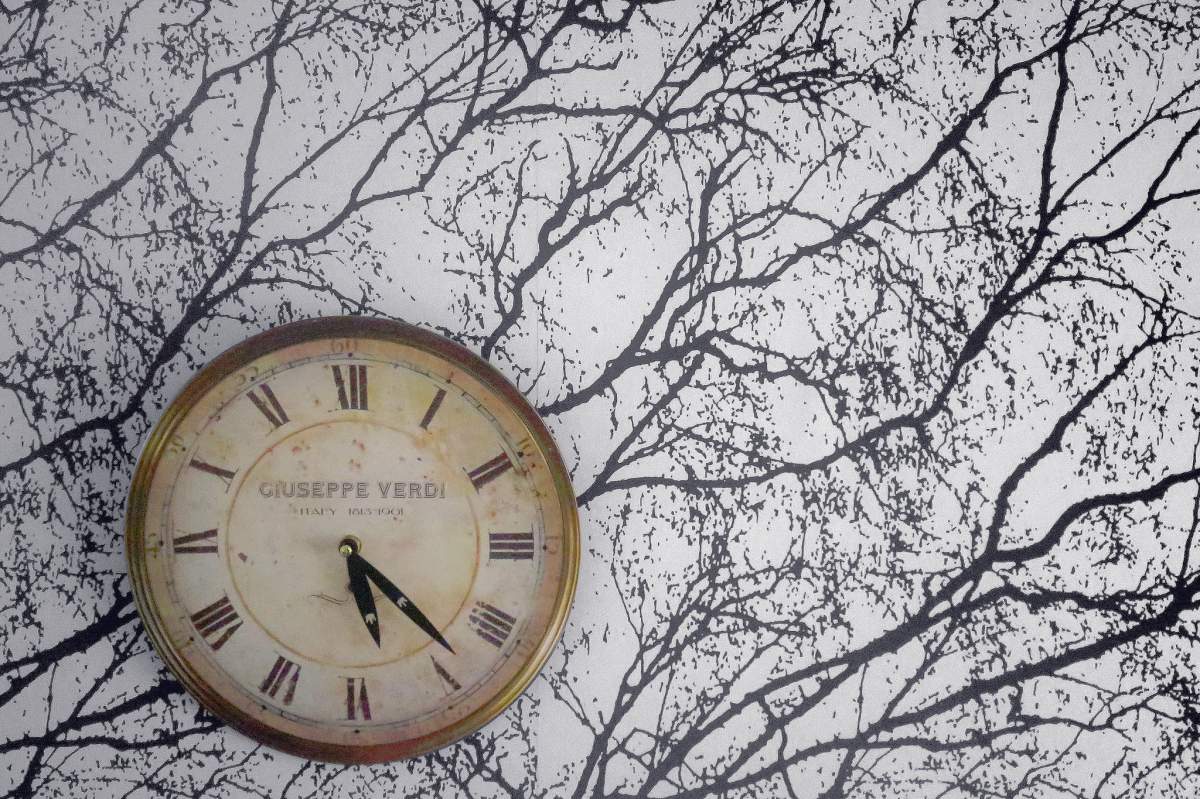
Have you ever noticed that time seemed to fly by? Or maybe the minutes just dragged on and on?
Researchers from the University of Limerick in Ireland and the University of Hertforshire, in the UK recently investigated the relationship between our perception of time passing and mild symptoms of depression.
To measure depressive symptoms, they asked participants to respond to a standardized questionnaire called the Beck Depression Inventory, which covers topics ranging from your general mood, to beliefs about yourself, the world, and the future.
Computer Blue
Once participants had taken the questionnaire, they were asked to perform two tasks at a computer. The first had to do with estimating time: they would listen to a short tone and estimate its duration in seconds.
The next task had to do with producing tones that lasted a certain amount of time by pressing the space bar to begin and end the sound. Both tasks were performed without the help of a clock for reference, relying on the participant's internal sense of time.
What the researchers found was that participants who reported mild symptoms of depression perceived time more accurately than their non-depressed peers. The non-depressed group consistently overestimated the passage of time, thinking that each interval had been a little bit longer than it really was.
Depressive Realism Effect
The researchers behind the study emphasize that their conclusions are still speculative. They suggest a possible reason for their findings is the depressive realism effect.
This occurs when people with depression perceive some aspects of their circumstances more accurately than non-depressed folks. This happens in just a few contexts, possibly including perception of control over uncertain effects, as well as estimating duration.
Thank you to Diana Kornbrot of the the University of Hertforshire and to Rachel Msetfi of the University of Limerick for reviewing this episode's script.
Sources And Further Reading:
- Adelson, Rachel. "'Probing the puzzling workings of 'depressive realism'." American Psychological Association. April 2005, Vol 36, No. 4. Accessed April 4, 2018.
- "Beck Depression Inventory." The University of Alabama-Birmingham: Medicine. Accessed April 4, 2018.
Collins, Nathan. "Depression Makes Time Estimates More Accurate." Scientific American: Mind. July 1, 2014. Accessed April 4, 2018.
- "Computational Psychopathology Group." Accessed April 4, 2018.
- "Diana Kornbrot." Accessed April 4, 2018.
- Kornbrot, Diana E. Msetfi, Rachel M. Grimwood, Melvyn J. "Time Perception and Depressive Realism: Judgment Type, Psychophysical Functions and Bias." Plos One. Published: August 21, 2013 DOI: https://doi.org/10.1371/journal.pone.0071585
- Msetfil, Rachel M. Kornbrot, Diana E. Matute, Helena. Murphy, Robin A. "The relationship between mood state and perceived control in contingency learning: effects of individualist and collectivist values." Frontiers in Psychology. 29 September 2015. https://doi.org/10.3389/fpsyg.2015.01430









